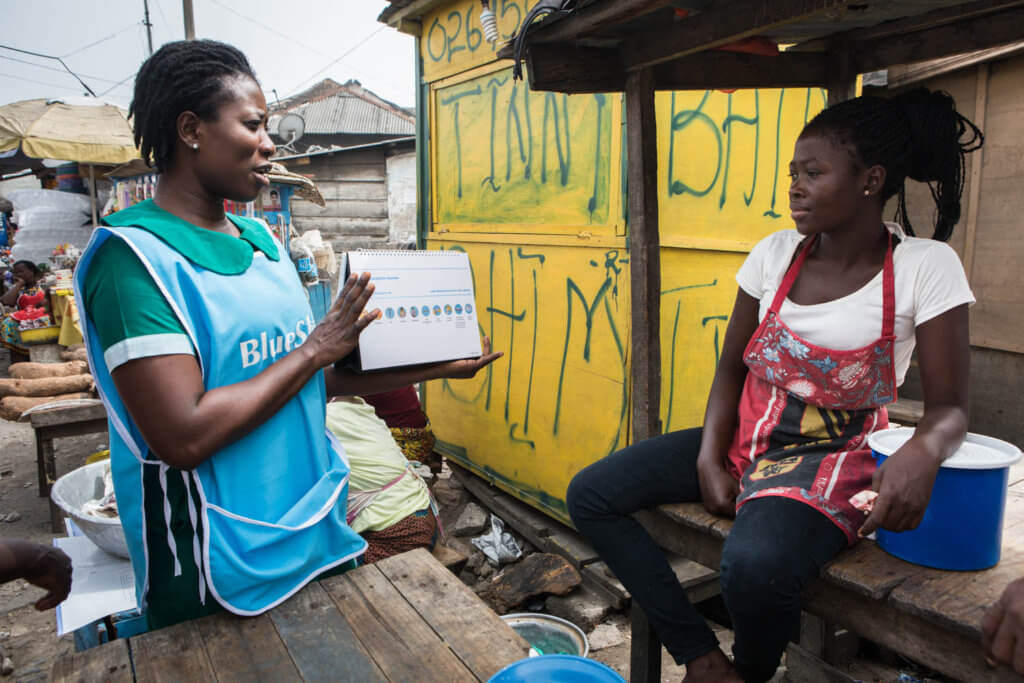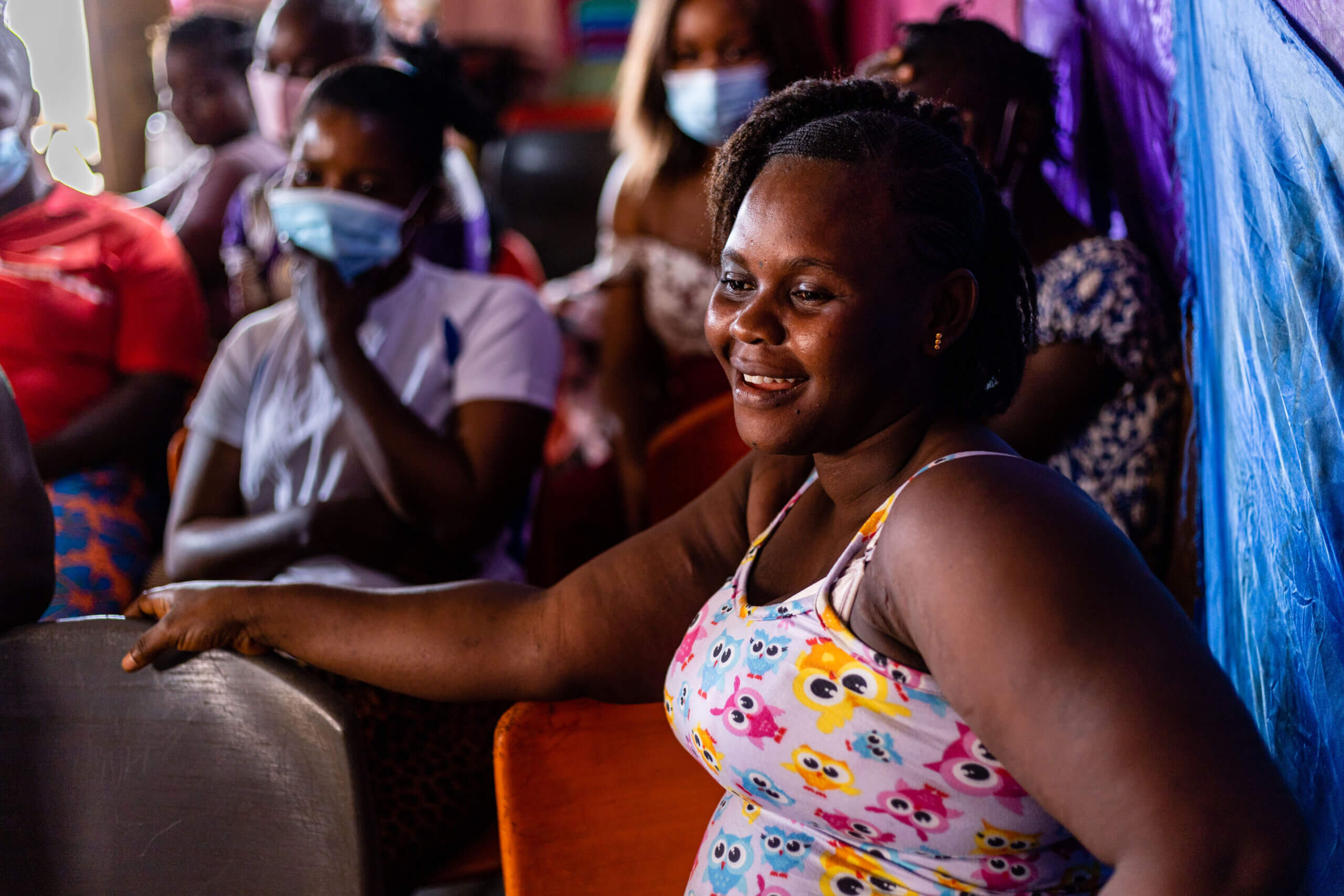US policies impact choice in Ghana
New restrictions on the right to choose in the United States in 2021 made an already urgent situation in Ghana worse. Since the passage of new state-level abortion restrictions, anti-choice leaders in Ghana pointed to the law as evidence that even “so-called developed countries” are re-thinking their abortion laws. They argued that Ghana should pass new restrictions as well.
The changing landscape of anti-choice activism in Ghana
Over the past few years, the anti-choice movement has become more powerful in Ghana. A number of influential organizations, including religious bodies are political figures, have joined to form a new politically-active anti-choice body, the “National Coalition for Proper Human Sexual Rights and Family Values”.
The National Coalition, with support from a the global, US-based organization , has been actively mobilizing support. The consequences have been dire for marginalised communities, and women and girls. Working with anti-choice voices within parliament and the media, they created a public uproar around sex education.
As a result, a planned pilot program with MSI Ghana, which would have provided young people with the information and contraception they need to prevent pregnancy, is still on hold.

The impacts of anti-choice rhetoric
Despite the fact that abortion is legal in Ghana, many women turn to unsafe providers, because most of the general public incorrectly believes that abortion is illegal. Women risk their lives to end an unintended pregnancy because they simply don’t know there are legal options. This misconception is perpetuated by abortion stigma and anti-choice groups.
In low- and middle-income countries, cutting off access to safe abortion, sex education and contraception has life and death consequences. As long as the anti-choice movement continue to prevent access to sexual and reproductive healthcare and rights, women and girls will continue to face barriers to choice. The result will be more unplanned pregnancies, more unsafe abortions and more pregnancy-related deaths.






